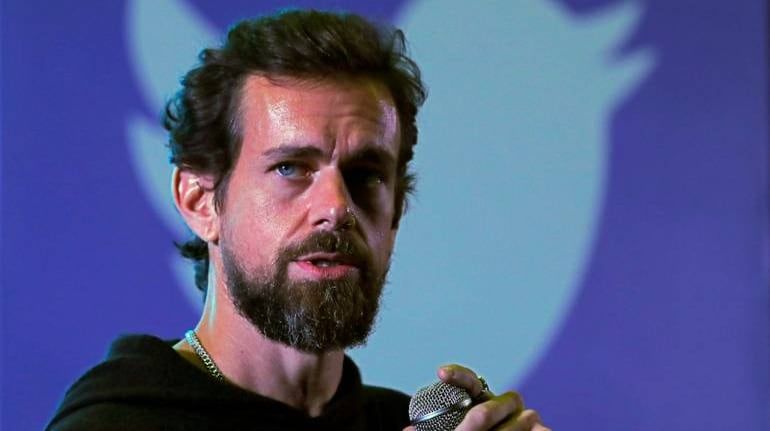New Delhi: Twitter on Thursday requested the IT Ministry to consider a minimum of three-month extension in order for the company to implement the new intermediary guidelines. Twitter, which witnessed a police raid on its offices in Delhi and Gurugram early this week related to the alleged Congress toolkit controversy, said that it reaffirms that Twitter continues to accept grievances from users and law enforcement via its existing grievance redressal channel available under the new IT Rules.
Stressing that it will strive to comply with applicable law in India, a Twitter spokesperson said in a statement that right now, “we are concerned by recent events regarding our employees in India and the potential threat to freedom of expression for the people we serve”.
“We, alongside many in civil society in India and around the world, have concerns with regards to the use of intimidation tactics by the police in response to enforcement of our global Terms of Service, as well as with core elements of the new IT Rules,” Twitter said in its first reaction after the police raids on its offices.
On Monday, Delhi Police visited Twitter India’s local offices in the National Capital Region after Twitter had marked one of the tweets of BJP spokesperson Sambit Patra as “manipulated media”.
Twitter’s presumptive judgement has triggered widespread outrage among Indian users across the country.
The company spokesperson said that it plans to advocate for changes to elements of these regulations that inhibit free, open public conversation.
“We will continue our constructive dialogue with the Indian government and believe it is critical to adopt a collaborative approach. It is the collective responsibility of elected officials, industry, and civil society to safeguard the interests of the public,” the spokesperson said.
The new rules notified in the gazette of India on February 25 under the Intermediary Guidelines and Digital Media Ethics Code Rules, 2021, came into effect from May 26.
WhatsApp has moved the Delhi High Court against the new IT rules for intermediaries, saying these would violate privacy.
Facebook has said that the company aims to comply with the provisions of the new intermediary guidelines and is working towards it.
New rules designed to prevent misuse of social media: Govt
Meanwhile, Electronics and IT Minister Ravi Shankar Prasad said that WhatsApp users have nothing to fear about new social media rules, that are designed to prevent abuse and misuse of platforms, and offer users a robust forum for grievance redressal.
Prasad said that the government welcomes criticism including the right to ask questions.
“The rules only empower the ordinary users of social media when they become victims of abuse and misuse,” Prasad posted on micro-blogging platform Koo, and also tweeted.
The government fully recognises and respects the right of privacy, he asserted.
“Ordinary users of WhatsApp have nothing to fear about the new Rules. Its entire objective is to find out who started the message that led to commissioning of specific crimes mentioned in the Rules,” Prasad added.
The new IT rules require the social media companies to set up an India-based grievance redressal officer, compliance officer and nodal officer “so that millions of users of social media who have a grievance get a forum for its redressal”, he said.
The government on Wednesday had staunchly defended its new digital rules, saying the requirement of messaging platforms like WhatsApp to disclose origin of flagged messages does not violate privacy, and went on to seek a compliance report from large social media firms.
The new rules, announced on February 25, require large social media platforms — defined as those with over 50 lakh users in the country — to follow additional due diligence, including appointment of chief compliance officer, nodal contact person and resident grievance officer.
Non-compliance with rules would result in these platforms losing their intermediary status that provides them immunity from liabilities over any third-party data hosted by them. In other words, they could be liable for criminal action in case of complaints.
(With inputs from PTI & IANS)
